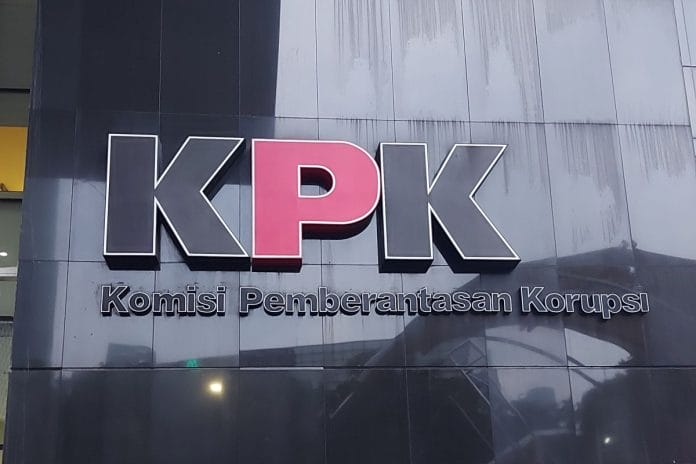Indonesian police have named the chief of the country’s anti-corruption agency, Firli Bahuri, as a suspect in a corruption case, in another setback to the reputation of the agency.
Firli is a suspect in the alleged extortion of money from Syahrul Yasin Limpo, the ex-agriculture minister who was arrested last month after being accused of pocketing more than US$800,000 in public funds.
Ade Safri Simanjuntak, a Jakarta police official, told reporters late on Wednesday (Nov 22) that there has been “sufficient evidence to name … the KPK chief as a suspect in a corruption case in the form of extortion”.
He said a state official extorted money at the agriculture ministry from 2020 to 2023.
Authorities had confiscated exchange transaction documents from Singapore and US dollars worth 7.4 billion rupiah (US$477,730) from raids at two locations, Ade added.
This is the first time that the head of Indonesia’s anti-corruption body has been accused of the crime that the agency was created to police.
Firli, a former police inspector general, did not immediately respond to a request for comment. He has not been arrested.
He said in a press conference on Monday prior to being named a suspect that he has “never extorted anyone, and I’ve never been involved in a bribery … with anyone”.
The Corruption Eradication Commission, known by its Indonesian initials KPK, did not immediately respond to a request for comment.
President Joko Widodo said on Thursday “to respect the process of law” when asked about Firli being named a suspect.
Firli was named the KPK chief in 2019, around the same time critics said changes to the law governing the agency had weakened it, triggering a series of “save the KPK” protests.
KPK has prosecuted hundreds of politicians, officials, and businessmen since its formation in 2002, becoming one of the country’s most respected agencies.
Reuters









